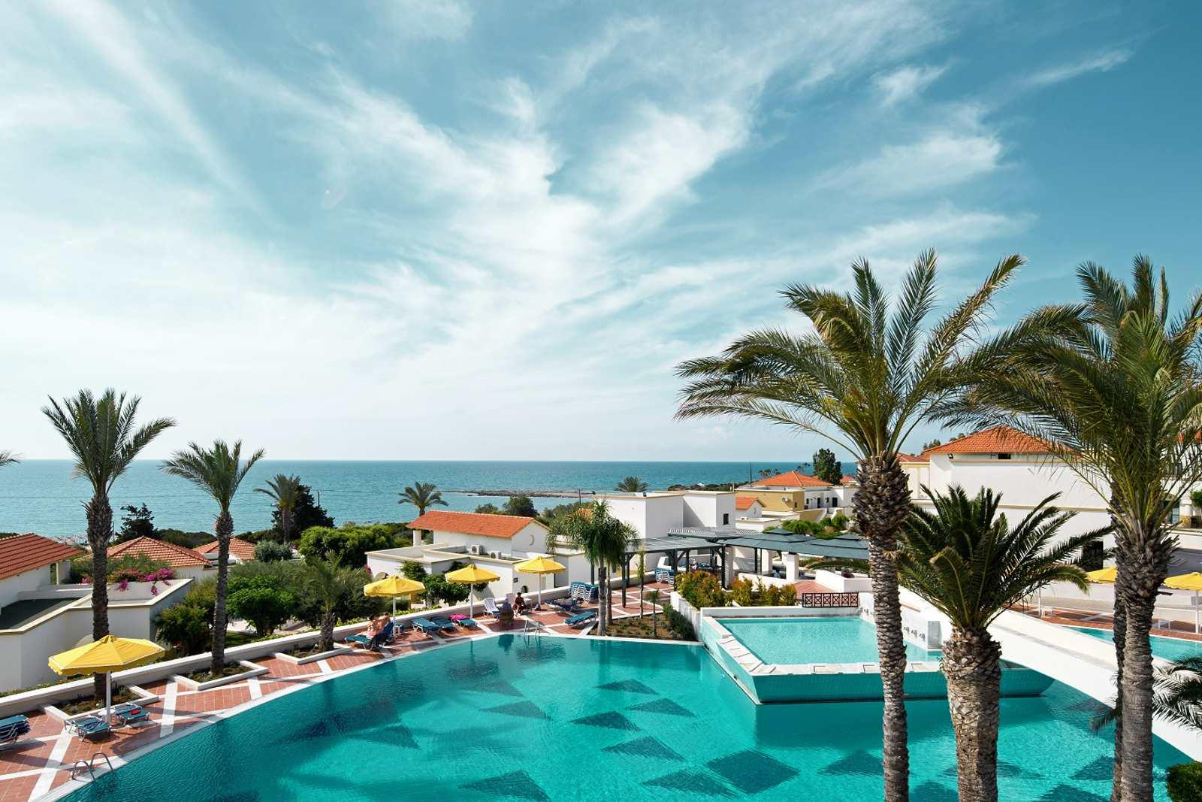Fosun Sells Thomas Cook to Private Equity-Backed eSky: 8 Takeaways

Skift Take
For eSky, Thomas Cook's storied brand offers a shortcut to recognition in Western Europe. Or at least that's the wager of eSky's new private equity backer MCI Capital. As for Fosun, what will it sell next? Club Med?
Fosun is offloading Thomas Cook to eSky, a Poland-based online travel agency group, for up to $39.5 million (£30 million). The deal excludes Thomas Cook's China business.
It's a relatively quick exit for Fosun, China's biggest private sector conglomerate. Fosun had been a minority shareholder in Thomas Cook since 2015 and took it over in 2019 after the brand's high-profile collapse under heavy debt.
Key Points Thomas Cook had been a full-service tour operator competing with TUI. It relaunched as digital-only after its 2019 bankruptcy. It focuses on cheap holidays. ESky is ba
